Enjoy Healthier Sleep and Smiles by Treating Nighttime Dry Mouth
Posted by Glennis Katzmark Dec 11, 2014

Do you ever wake up with a parched, cracked, stinging, or sticky feeling in your mouth? Many people suffer from xerostomia, or dry mouth, during sleep, leading them to wake up with these symptoms on a regular basis. You might think dry mouth is normal, but this condition can be both uncomfortable and unhealthy. Dry mouth can be a symptom of more serious illness and cause numerous dental problems. Dentist Dr. Craig Armstrong is dedicated to helping patients protect their overall well-being, so we often diagnose and treat xerostomia at our Westchase, TX practice. Read on to learn more about what can cause dry mouth at night and how you can treat this condition to improve your oral and overall health.
Is Your Mouth Too Dry?
Many people suffer from dry mouth at night without ever realizing they have this condition. You may need to seek treatment for xerostomia if you:
- Wake up extremely thirsty
- Experience a dry, gummy feeling
- Have cracked lips
- Develop sores in your mouth
- Notice a burning, prickling sensation in your mouth
- Frequently have a sore throat upon waking
- Cannot taste foods as well in the morning
- Struggle to move your jaw, chew, or swallow well when you first wake up
- Have a very red tongue or swollen gums
- Suffer from halitosis (bad breath)
When you come in to our Westchase, TX practice, Dr. Armstrong can evaluate your symptoms to determine if you suffer from dry mouth.
Common Causes of Nighttime Dry Mouth
You may experience xerostomia at any time, but this condition tends to be worse at night because your body doesn’t generate spit during sleep. However, this alone should not be enough to cause dry mouth. There are many reasons patients suffer from xerostomia, including:
- Dehydration. Not drinking enough water can sap the moisture from your mouth.
- Snoring or sleeping with your mouth open. This allows air into your mouth, drying it out. Many people with allergies suffer from xerostomia for this reason.
- Certain medications or treatments. Psychiatric drugs, as well as those for asthma, obesity, high blood pressure, allergies, colds, and other diseases, can create dry mouth as a side effect. Xerostomia can also result from radiation and chemotherapy.
- Systemic conditions. Serious illnesses such as Parkinson’s disease and HIV/AIDS can lead to xerostomia.
- Aging. Unfortunately, as we get older, our bodies simply stop producing as much saliva.
- Sleep apnea. This is a serious condition in which not enough oxygen reaches your lungs, which jolts you awake (this is called an apnea). According to Livestrong: “In the most common type, obstructive sleep apnea, your throat muscles relax so much that your airways get blocked. The more serious type of sleep apnea, called central sleep apnea, happens when the signals that go from your brain to your breathing apparatus aren’t right. Some people have a third type, called complex sleep apnea, which is a combination of the two. In all cases, one of the symptoms is dry mouth.” Sleep apnea can increase your risk for stroke and heart disease or even be life threatening, so it is important to diagnose and treat it as soon as possible.
- Tobacco product use. Chewing or smoking tobacco can reduce your saliva flow and bring about dry mouth.
- Head injuries. If a traumatic accident has damaged the nerves in your head or neck, this may lead to dry mouth.
How Xerostomia Compromises Your Oral Health
Suffering from dry mouth can affect your entire body, but it is especially hard on your teeth and gums. In addition to rinsing away debris, your saliva contains specific enzymes and compounds that fight bacteria. Without enough spit, your mouth becomes much more vulnerable to gum disease, decay, and other forms of oral infection, such as thrush. Spotting the signs of dry mouth and treating it quickly can help save you the time, expense, and hassle of more complex oral treatments later on.
Our Treatment Options
When you come in for a consultation at our Westchase, TX office, Dr. Armstrong will determine an appropriate treatment for your nighttime dry mouth depending on its particular cause. For example, if xerostomia is a side effect of certain medications, he may recommend that you work with your primary care physician to switch to a different kind. He may also suggest making lifestyle changes such as drinking more water, using a humidifier in your bedroom, eating a healthier diet, wearing an oral appliance to treat obstructive sleep apnea, or ceasing smoking. In addition, Dr. Armstrong can prescribe special toothpastes or lozenges that help to replace the lost antibacterial enzymes and encourage better saliva production. If your dry mouth is causing cavities, we may recommend fluoride treatments or sealants to fortify your teeth.
Enjoy a Beautiful, Hydrated Smile
You don’t have to suffer from the unpleasant symptoms or effects of dry mouth. To learn more about this condition or schedule a consultation with Dr. Armstrong, contact our Westchase, TX dental practice today.
Visit Our Office
Office Hours
- MON8:00 am - 6:00 pm
- TUE8:00 am - 6:00 pm
- WED8:00 am - 6:00 pm
- THU8:00 am - 6:00 pm
- FRIClosed
- SATClosed
- SUNClosed
10370 Richmond Ave. Ste 310,
Houston, TX
Phone : (832) 251-1234Text Us : (832) 251-1234





